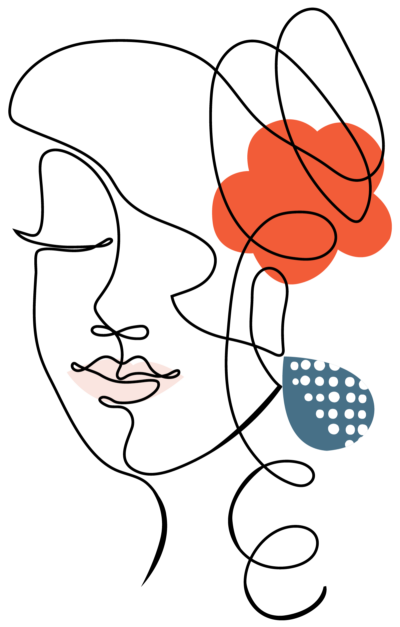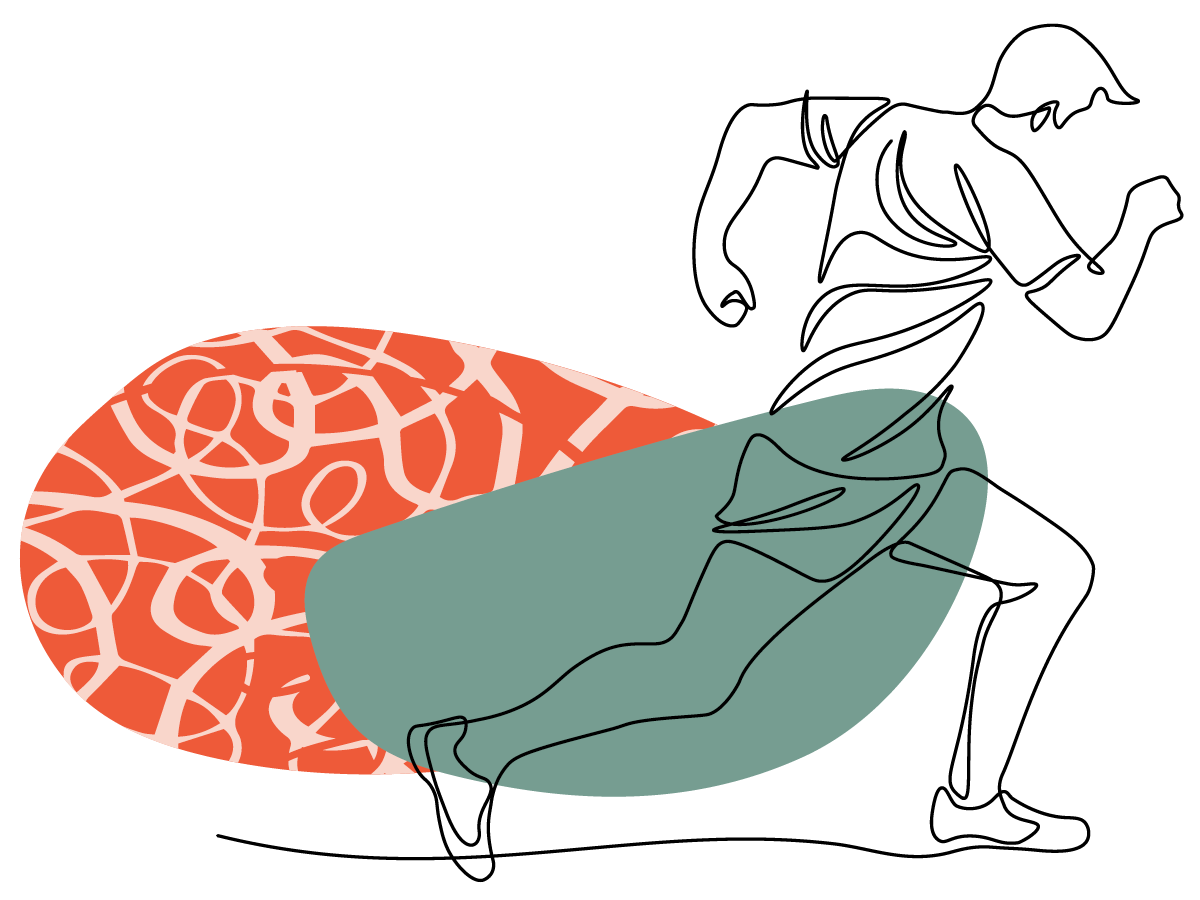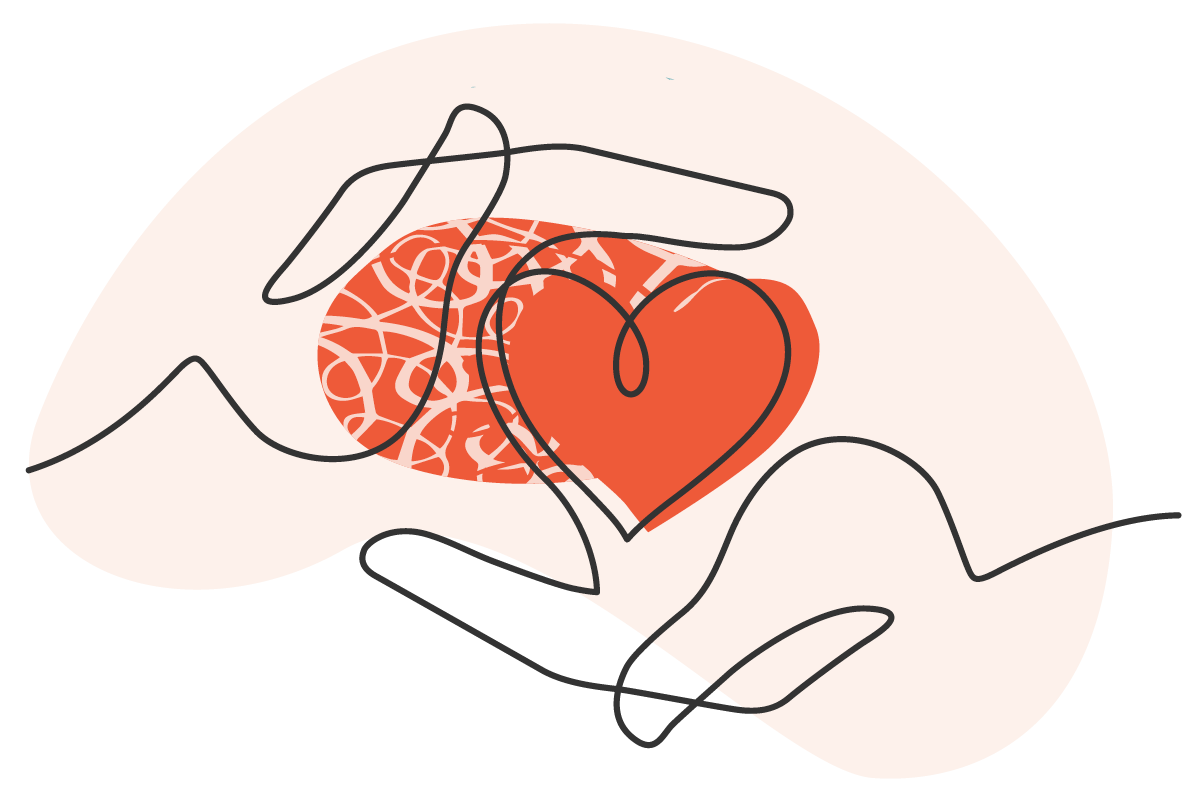ARE YOU NEWLY DIAGNOSED?
If you’ve recently been diagnosed with hypothyroidism, understanding your condition and improving your wellness are top priorities.
Take a simple approach towards getting better. Your journey may call for lifestyle changes, which might be easier to handle if approached in small steps. Here are things to consider as you move forward, one day at a time.

TREATMENT TIPS1
TRACK YOUR SYMPTOMS AND TESTS
Keeping records can assist in maintaining your wellness and help with healthcare provider discussions, ultimately ensuring your treatment plan is right.
TAKE YOUR MEDICATION ON TIME
Understand your medication and dosage, following your routine per the prescription directions to maximize effectiveness.
BUILD A TRUSTING RELATIONSHIP WITH YOUR HEALTHCARE PROVIDER
Having an honest and respectful relationship where you feel heard and taken care of is important. You deserve the best. View online sources or speak with others with hypothyroidism for advice on improving your healthcare provider relationship.
LEARN ABOUT YOUR THYROID
Discover knowledge online via the resources page, where you will find information from practicing healthcare professionals. Check for trusted references and talk to your healthcare provider before following any recommendations.

NUTRITION AND EXERCISE TIPS2
FIND THE RIGHT BALANCED NUTRITION
Eating healthy is especially important, as certain foods can trigger flare-ups of symptoms. Learn about foods that might create issues, and work to reduce or eliminate them. Check online sources or speak with others with hypothyroidism for nutrition advice.
REDUCE STRESS
Stress can trigger your condition and adversely affect your hormone levels. Discover how meditation, yoga, journaling, and much more can help you cope and reduce stress.
ADJUST YOUR EXERCISE ROUTINE
Being physically active is key, as well as finding the right balance of exercise to avoid affecting your thyroid hormone levels.
MINDFULNESS TIPS

CONNECT WITH SUPPORT GROUPS1
Many people with hypothyroidism are happy to share their experiences. Online social media groups can offer tremendous support.
SET S.M.A.R.T. GOALS TO IMPROVE YOUR HEALTH3
Learn how to set Simple, Measurable, Achievable, Relevant, and Time-bound goals for lifestyle and habit changes.
LISTEN TO YOUR BODY1
Every body is unique and responds differently to hypothyroidism. Pay close attention to your body so you can listen to it, practice self-compassion, and give yourself what you need.
STRIVE FOR HAPPINESS1
A positive attitude and outlook can provide many benefits. Reading daily affirmations and practicing gratitude have been shown to generate happiness, contentment, and acceptance. From engaging in hobbies to connecting with friends, find ways to incorporate the things that spark joy!
CONSIDER THERAPY4
Sometimes we need someone who will listen—without judgment—while also providing support. Don’t be afraid to ask for a little extra help when things get tough.
HELPFUL SUPPORT FOR LONG-TERM WELLNESS
SEE MORE >
References: 1. Boost Thyroid. Understanding your condition and staying healthy. Accessed August 14, 2020. https://www.boostthyroid.com/newly-diagnosed 2. Harvard Health Publishing. Healthy eating for a healthy thyroid. Accessed August 14, 2020. https://www.health.harvard.edu/staying-healthy/healthy-eating-for-a-healty-thyroid 3. MindTools. SMART Goals: How to Make Your Goals Achievable. Accessed August 14, 2020. https://www.mindtools.com/pages/article/smart-goals.htm 4. British Thyroid Foundation. Psychological symptoms and thyroid disorders. Revised 2018. Accessed August 14, 2020. https://www.btf-thyroid.org/psychological-symptoms-and-thyroid-disorders



